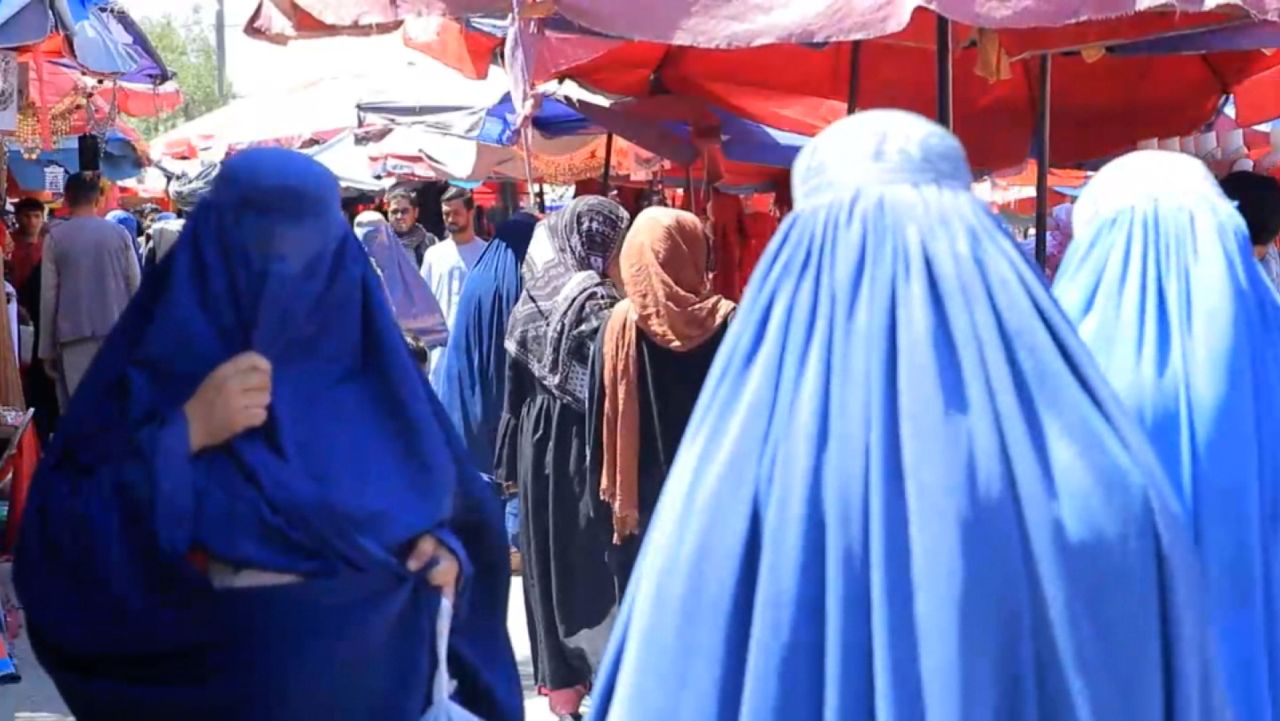
In Herat, the Taliban have taken repression to a new extreme: women are now forbidden to raise their voices in shops. Instead, they are told to signal silently to vendors when making purchases — an order that has triggered outrage and despair among women and human rights defenders.
For many women, this latest decree is not simply a restriction but an attempt to erase their humanity. “Even the right to speak has been taken from us,” said one woman in Herat. “We are no longer human, only shadows that must remain muted and invisible.”
Women describe the ban as “the most humiliating” assault on their dignity. Another young woman bitterly noted: “At this point, the only thing left is for the Taliban to tell us not to breathe, because there is nothing else left to ban.”
This silencing of women’s voices is not an isolated act. It follows a broader chain of Taliban policies that have systematically excluded women from public life — from closing girls’ schools and expelling women from government jobs to restricting movement, dress, and now speech itself.
Human rights organizations have long warned that such decrees amount to gender apartheid, designed to erase women from Afghan society. Yet the international response has remained largely symbolic, with statements of concern but little real pressure.
Women’s rights activists stress that forcing women to remain silent even when buying bread or medicine is more than censorship — it is the destruction of human dignity. One activist put it starkly: “In the Taliban’s system, being a woman is itself a prison sentence.”
The Taliban’s ban on women’s voices is not merely an administrative decree. It is a political message:
in Afghanistan under Taliban rule, women have no rights — not to study, not to work, and now, not even the right to speak.



